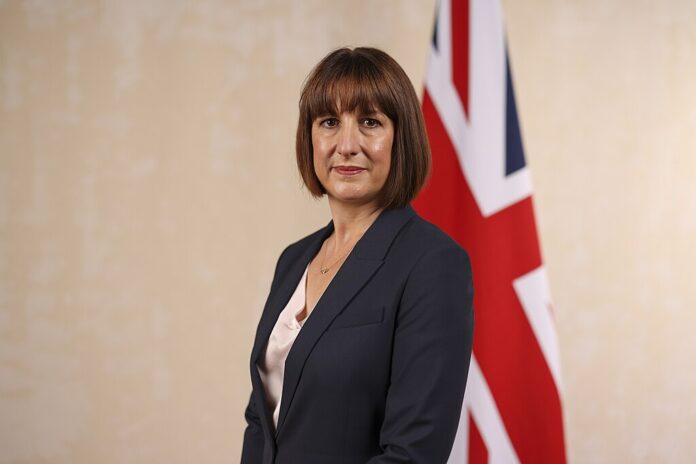Labour’s first female Chancellor prepares to address a £22 billion fiscal shortfall, promising tough choices and significant tax reforms
Rachel Reeves is poised to make history on Wednesday as she presents Labour’s first budget in over a generation, becoming the first female chancellor to do so. Anticipation mounts in Westminster as analysts speculate on the potential measures she will unveil in response to the daunting £22 billion fiscal gap left by the previous Conservative government. With a commitment to difficult choices, Reeves is expected to propose significant tax increases while navigating a tightrope between public expectations and economic realities.
Experts predict that this budget could be one of the most ambitious tax-raising initiatives in British history. Paul Johnson, director of the respected Institute for Fiscal Studies (IFS), noted that despite the projected increase in revenue, many public services may continue to feel the pressure of financial constraints. The budget could indeed mark a turning point for Labour, signalling its approach to governance in a post-austerity landscape.
Among the most pressing issues on Reeves’ agenda is the likely increase in employer national insurance payments. While Labour previously assured voters that it would not raise national insurance for employees, this promise may not extend to employers. Critics argue that this could result in what they term a “tax on jobs,” igniting fierce debate about the party’s commitment to economic growth and job creation.
Embed from Getty ImagesIn addition to potential tax rises, there is speculation that Reeves will choose to freeze the income tax thresholds. By doing so, she could allow inflation to push more people into higher tax brackets over time, effectively increasing the tax burden without a formal rate change. This strategy, while politically expedient, raises concerns about fairness and the impact on everyday citizens.
Amidst these discussions of tax policy, the chancellor has also restructured her borrowing rules, allowing for increased investment in key infrastructure projects. Analysts estimate that this could provide up to an additional £50 billion in borrowing capacity, earmarked for essential improvements in roads, railways, and hospitals. However, former Bank of England governor Mervyn King has cautioned that this increased borrowing could lead to higher long-term interest rates, as financial markets adjust to the growing government debt.
Inheritance tax, one of the most controversial taxes in the UK, may also see reforms in this budget. Despite only 4% of the population being liable for this tax, it remains unpopular among the public. Reeves is expected to explore changes to exemptions, which could generate additional revenue while sparking debates about the equity of the tax system.
Moreover, there are growing calls to reconsider the fuel duty, which has not been raised for over a decade. Ministers are reportedly under pressure not to increase this duty, as such a move would hit hard on already struggling motorists. The balance between maintaining public services and not overburdening families with additional costs is a challenge that Reeves will need to address head-on.
On the welfare front, plans are in motion to means-test winter fuel payments for pensioners, a move that has ignited significant backlash. Critics argue that stripping support from millions of vulnerable pensioners during the harsh winter months could exacerbate hardship for those most in need. As the temperatures drop, the stakes for this decision become increasingly pressing.
Another significant change expected in Reeves’ budget concerns the VAT on private schools. The government is set to eliminate the exemption that previously allowed private institutions to avoid the 20% VAT. While this change is scheduled to come into effect in January, it is anticipated that military families, who often face unique challenges due to frequent relocations, will be safeguarded from these new costs.
Education and health are also likely to be at the forefront of Reeves’ budget priorities. She has committed to investing £1.4 billion to rebuild dilapidated schools, reflecting Labour’s pledge to prioritise education and childcare. Additionally, there are plans to allocate £1.8 billion to expand government-funded nursery care, ensuring that all children over the age of nine months will be eligible for 30 hours of free childcare starting next September.
In the health sector, Secretary of State for Health, Wes Streeting, is expected to receive a substantial funding boost, with estimates ranging between £7 billion and £8 billion to address the pressing needs of the NHS. However, given the ongoing challenges faced by the health service, there are concerns that this funding may not be sufficient to implement the necessary reforms.
As Rachel Reeves prepares to unveil her budget, the implications of her decisions will resonate far beyond the confines of Westminster. This budget represents not just a financial document but a defining moment for Labour and its vision for the future of the UK. With the country facing myriad economic challenges, how Reeves navigates these turbulent waters will be closely scrutinised by both supporters and critics alike.
